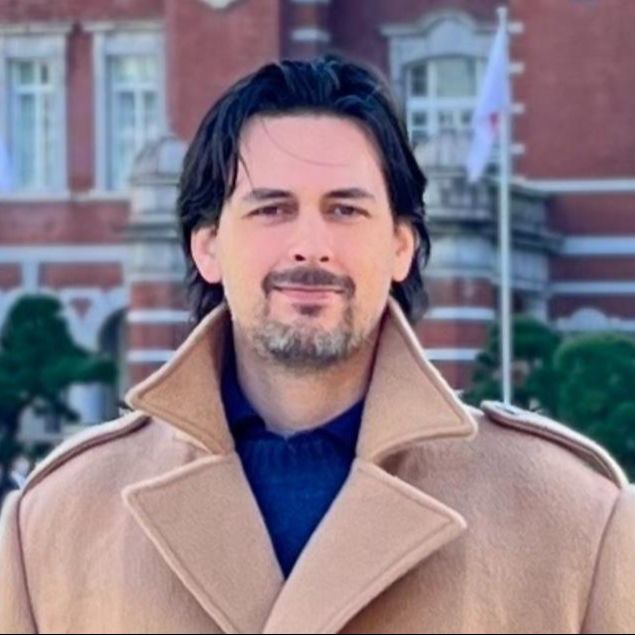My philosophy on singing
The Balanced Approach to Training and Singing
Training and skill development, whether in physical fitness or singing, require a balanced approach. This means covering the full spectrum of techniques and abilities, from one extreme to the other. However, individuals naturally have biases—some may lean more towards one side, while others gravitate towards another. The key is not to neglect areas of bias but to acknowledge them and emphasize the opposite end of the spectrum to ensure well-rounded progress.
Finding Balance in Training
The goal of a well-balanced training regimen is not to eliminate a particular focus but to emphasize areas that need improvement. Some aspects of training might feel less intuitive, but they should still be included rather than ignored. The emphasis should always be on what an individual lacks rather than over-focusing on strengths.
Air Control in Singing
A similar concept applies to singing, particularly in managing air control. When singing, if the coordination is too relaxed, excessive air escapes, leading to instability. On the other hand, a slight increase in control—without losing softness—can result in much better breath management. The adjustments are often subtle, requiring only minor modifications rather than drastic changes.
Many singers naturally oscillate between different levels of air control within a single phrase. Some might tighten up for more precision, while others may relax to create a more expansive sound. The key question to ask is whether these choices are intentional or simply due to limitations in technique.
Choice vs. Limitation in Vocal Technique
One of the fundamental principles of vocal training is distinguishing between deliberate choices and technical limitations. No technique is inherently "illegal" in singing, but it is essential to determine whether a particular method is being used because it is preferred or because there is no alternative.
A good example is Steven Tyler, who continued to use a vocal technique that damaged his voice, not because he lacked alternatives but because he preferred the specific sound it produced. This represents a conscious decision rather than a technical shortcoming. However, a more sustainable philosophy is to seek methods that achieve the desired effect without causing harm.
Long-Term Growth and Vocal Health
A strong training philosophy prioritizes long-term growth. While muscle-building involves temporary breakdown followed by recovery and strength gain, some techniques—especially in singing—can cause irreversible damage. The goal should be to find ways to achieve a desired sound without compromising vocal health.
Ultimately, the most important factor in any training method is ensuring that it is a choice rather than a limitation. Whether in fitness, singing, or any skill development, embracing a balanced approach with a focus on sustainable growth will lead to lasting improvement.

